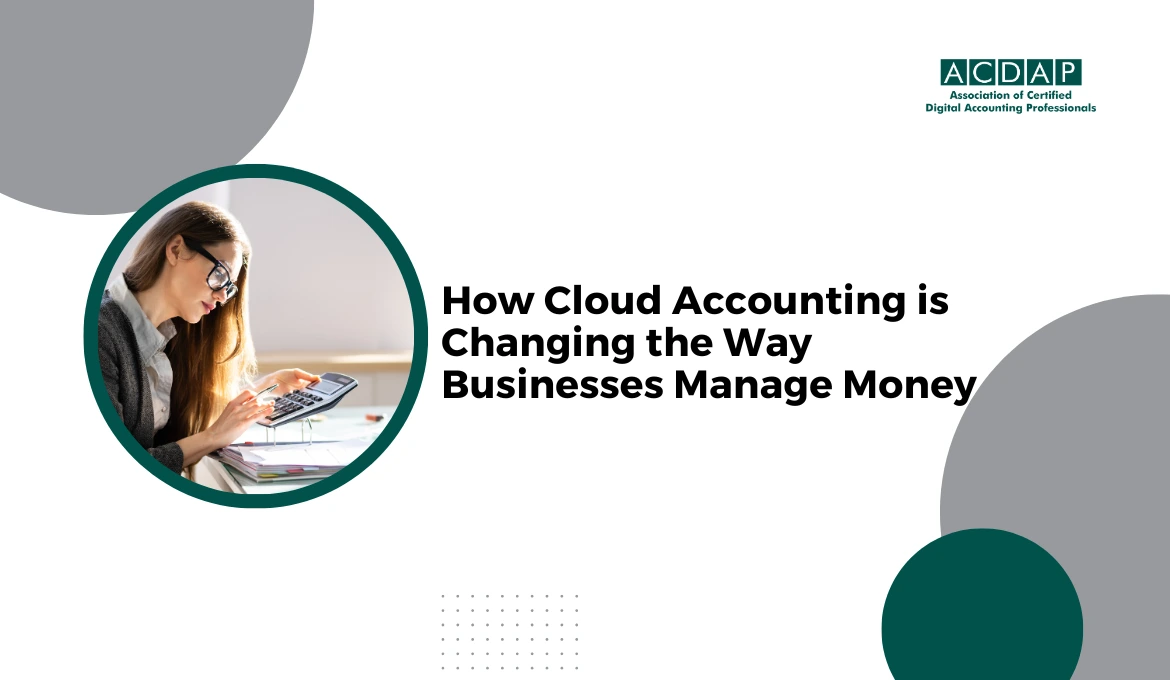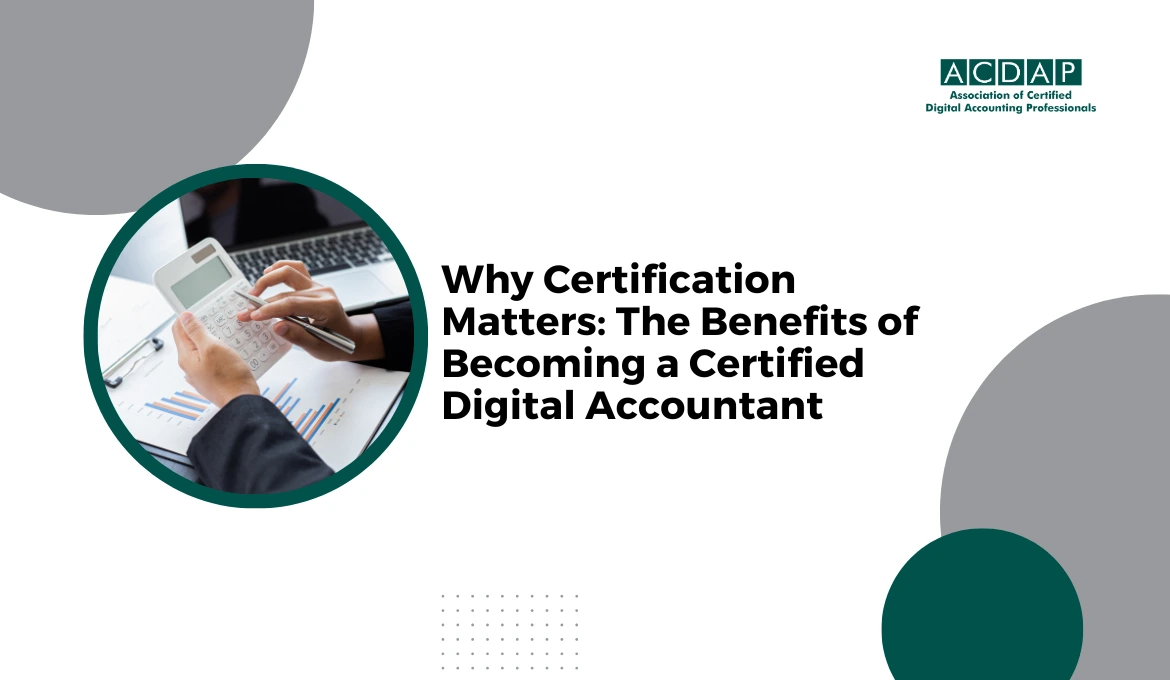An LLP, or Limited Liability Partnership, is a business structure in which partners have limited liability. This means that if the business encounters financial difficulties, the partners' personal assets are protected. They are only responsible for the amount they invest in the business.
A Limited Company (Ltd) is a separate legal entity from its owners. The company is responsible for its debts in an Ltd, not the individual owners. The owners' liability is limited to the amount they have invested in the company.
Flexibility in Management
LLPs provide more flexibility in management. Partners can decide how to manage the business and distribute profits according to their agreement, allowing them to tailor their business operations to their preferences.
Tax Benefits
LLPs can be more tax-efficient for accounting firms. The profits are taxed as personal income for the partners rather than corporate tax. This can benefit firms with high profits, potentially reducing the overall tax burden.
Limited Liability
One significant advantage of an LLP is limited liability. This means the partners' personal assets are protected if the business faces legal or financial issues. This offers peace of mind and safeguards personal finances.
Simplicity in Compliance
LLPs are simpler to manage than limited liability companies. They require less paperwork and have fewer regulatory requirements, making it easier and less costly to run the business.
Partnership Benefits
In an LLP, all partners can be involved in the management and decision-making of the business. This can lead to a more collaborative work atmosphere than a Ltd, where shareholders may have limited involvement in daily operations.
Reputation and Trust
Being an LLP can enhance an accounting firm's reputation. Clients often view LLPs as more trustworthy due to the personal commitment of the partners. This can help engage and retain clients.
Regulatory Considerations
LLPs have fewer regulatory requirements than limited liability companies. This includes fewer formalities in meetings and reporting, making it easier for partners to focus on running the business rather than dealing with complex regulations.
Financial Transparency
LLPs often have more straightforward financial transparency. Financial statements and records are typically simpler to manage, which can make financial reporting more efficient and transparent.
Growth and Expansion
LLPs offer flexibility in growth and expansion. Partners can easily add new members or adjust profit-sharing arrangements as the business grows, which can more effectively support the firm's expansion plans.
Exit Strategies
An LLP structure can also provide more flexible exit strategies. Partners can agree on terms for leaving the business or selling their shares, which can be simpler than navigating the rigid structures often found in Ltd companies.
Conclusion
Choosing between an LLP and a Ltd is crucial for accounting firms. LLPs offer flexibility, tax benefits, limited liability, simplicity, and additional advantages, making them a popular choice. Understanding these benefits can assist you make an informed decision about the best structure for your business. If you need guidance, consider consulting a business expert or accountant to ensure the choice aligns with your firm's goals and needs.


























